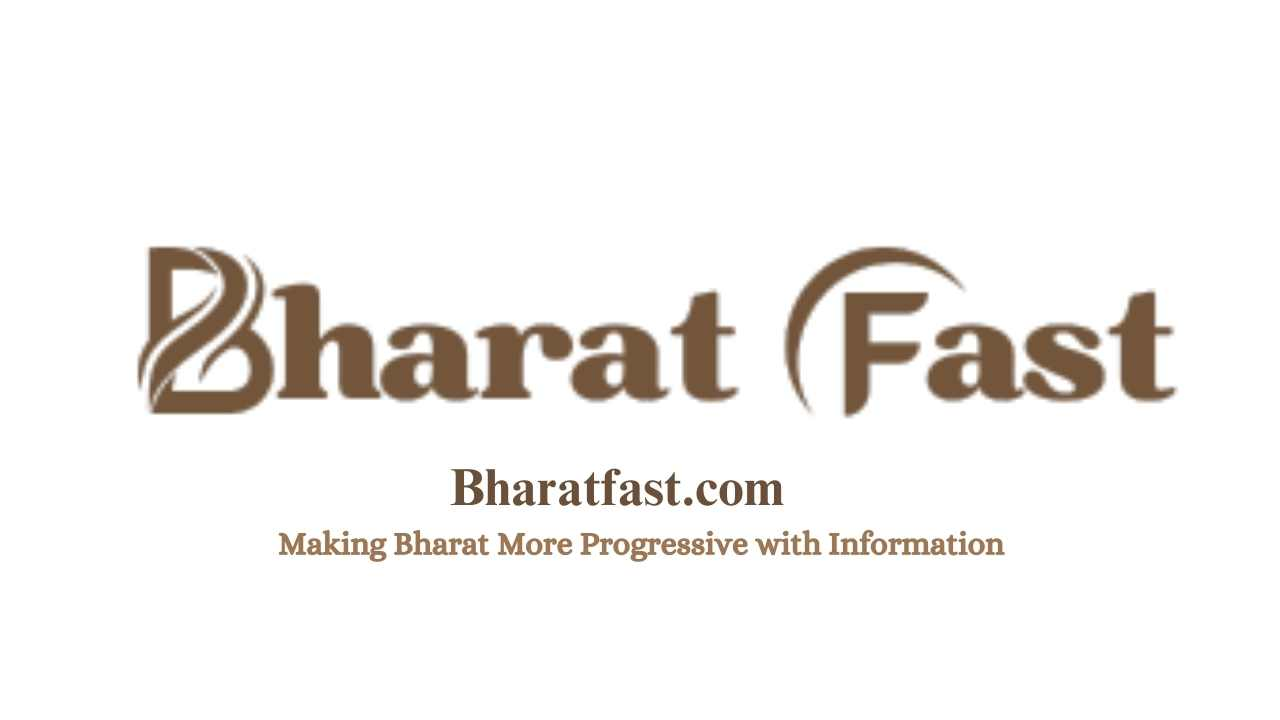The food delivery industry has seen tremendous growth and transformation over the last few years, especially with companies like Zomato leading the charge in India. As an essential service that gained prominence during the pandemic, Zomato is now making significant moves that could redefine its financial landscape. Recently, a regulatory filing revealed that the board of Zomato Ltd., a key player in the food delivery sector, is set to consider Qualified Institutions Placement (QIP) funding on October 22. This could mark a pivotal moment for the company as it strives to enhance its capital base and reinforce its market position. In this article, we will explore Zomato’s recent developments, financial performance, and strategies while providing valuable insights into what this means for the food delivery sector as a whole.
Understanding Qualified Institutions Placement (QIP)
A Qualified Institutions Placement (QIP) is a method by which publicly traded companies can raise funds from qualified institutional buyers (QIBs) through the issuance of equity shares. This route is often favored due to its relatively less regulatory burden and quicker execution compared to a public offering. In Zomato’s case, the decision to explore QIP funding comes as the company looks to strengthen its financial standing and seize potential growth opportunities amidst an evolving market landscape.
Why is Zomato Opting for QIP Funding?
Zomato’s exploration of QIP funding can be attributed to several factors:
- Expansion Plans: Following a competitive landscape, Zomato is focused on expanding its services and technology infrastructure, which requires substantial funding.
- Strategic Investments: Aiming to tap into new markets and enhance customer experience through technology, more capital can provide Zomato with the resources needed for strategic investments.
- Preparation for Rivalry: With competitor Swiggy preparing for its Initial Public Offering (IPO), securing additional funds would offer Zomato a competitive edge.
Current Financial Performance of Zomato
Before delving into the implications of the QIP, it is essential to assess Zomato’s recent financial health. In the first quarter of FY25, Zomato reported impressive growth figures:
| Financial Metric | Q1 FY25 | Q4 FY24 | Q1 FY24 |
|---|---|---|---|
| Consolidated Profit (in Crore) | 253 | 175 | 2 |
| Operating Revenue (in Crore) | 4,206 | 2,416 | – |
This outstanding performance signals Zomato’s capacity to rebound strongly following previous fluctuations and sets a promising foundation for the proposed QIP funding.
Impending Financial Decisions and Market Reactions
On October 17, shares of Zomato concluded at Rs 270.3, reflecting a 1.4% decrease. As the company prepares for critical announcements on October 22, including the results of its second-quarter financials, market analysts and investors are closely monitoring developments. The company stated in its filing:
“Board will consider and approve raising of funds by issuance of equity shares by way of qualified institutions placement, as may be permitted under applicable laws, subject to such regulatory/statutory approvals, including the notice for the postal ballot for obtaining the shareholders’ approval in this regard, as may be required.”
What’s Next for Zomato?
If the board approves the QIP, it will not only be Zomato’s first fundraising effort since its IPO but may also catalyze a series of strategic decisions. Zomato is expected to utilize the funds for:
- Enhancing Technology: Implementing AI and machine learning systems to improve delivery logistics and customer service.
- Marketing Initiatives: Strengthening brand presence to attract new customers in a competitive marketplace.
- Expansion of Offerings: Introducing new food categories, partnerships, and features that could further diversify its revenue streams.
Competitive Landscape: Zomato vs. Swiggy
The competition between Zomato and Swiggy represents a fascinating aspect of the Indian food delivery market. Both companies have navigated challenges stemming from the pandemic and changing consumer preferences, thereby investing heavily in innovations, customer engagement, and delivery efficiency.
Comparative Analysis
| Metric | Zomato | Swiggy |
|---|---|---|
| Founded | 2010 | 2014 |
| Total Funding (Approx) | $2.5 billion | $1.6 billion |
| Operating Cities | Over 600 | Over 500 |
The competition and impending moves by rivals like Swiggy inevitably put pressure on Zomato to strengthen its financial foundation through initiatives like QIP funding. With an emphasis on enhancing customer satisfaction and refining operational efficiencies, these companies continuously adjust strategies to remain relevant in the bustling food delivery market.
Frequently Asked Questions (FAQs)
What is QIP funding and why is it important for Zomato?
QIP funding allows Zomato to raise capital quickly from qualified institutional buyers, which can be utilized for expansion, technology improvements, and strategic investments. This can provide Zomato with a competitive advantage in an active market.
How has Zomato’s performance been over the past year?
Zomato has shown remarkable recovery with significant increases in both profit and operating revenue compared to previous quarters, signaling a strong operational performance and positioning for future growth.
What are the implications of the rivalry between Zomato and Swiggy?
The competition drives both companies to innovate and improve their services. With Swiggy’s impending IPO, Zomato’s potential QIP funding becomes a critical move to solidify its market position and enhance its value proposition to customers.
What can we expect from Zomato in the coming months?
Investors can anticipate strategic moves facilitated by the newly acquired funds, such as enhancements in technology, boosting marketing efforts, and potentially diversifying offerings, ensuring that Zomato stays ahead in a competitive market.
Conclusion
Zomato’s exploration of QIP funding signifies not just a possible financial strategy but also a proactive approach to securing its position within the fiercely competitive food delivery industry. As the company gears up for critical financial disclosures and strategic shifts, stakeholders and investors alike will be keenly watching for outcomes that could shape the future of not just Zomato, but the larger food delivery landscape in India. The next weeks will undoubtedly prove to be pivotal as Zomato positions itself for continued growth and relevance in an ever-evolving market.
